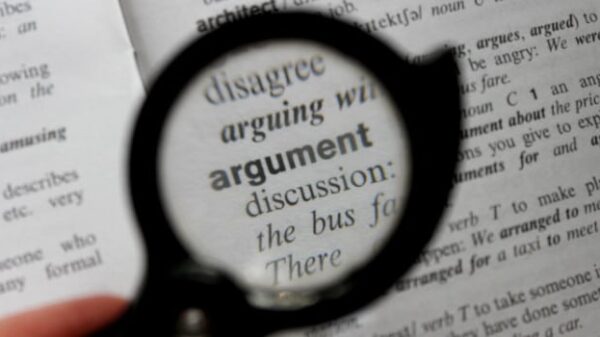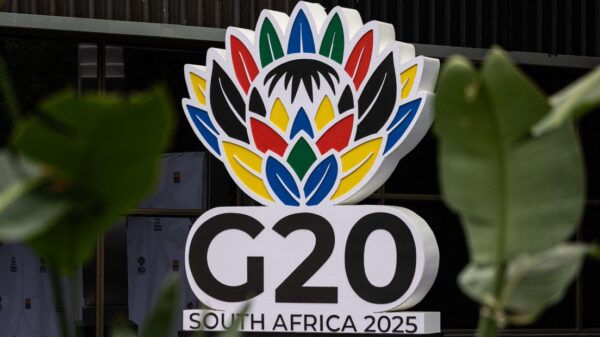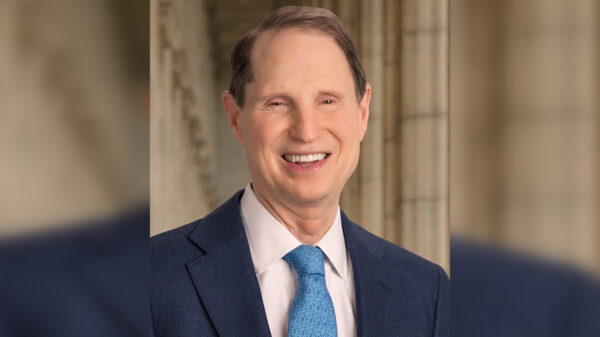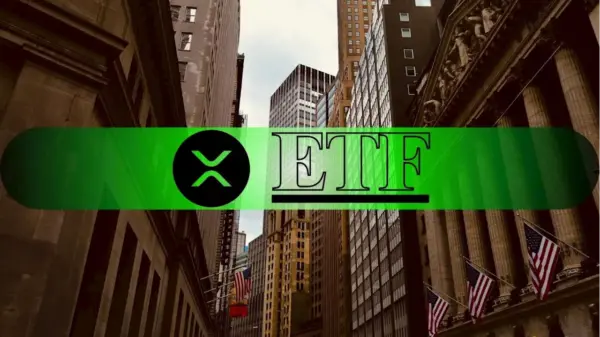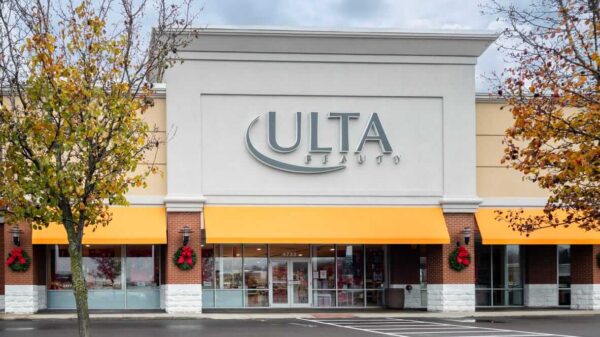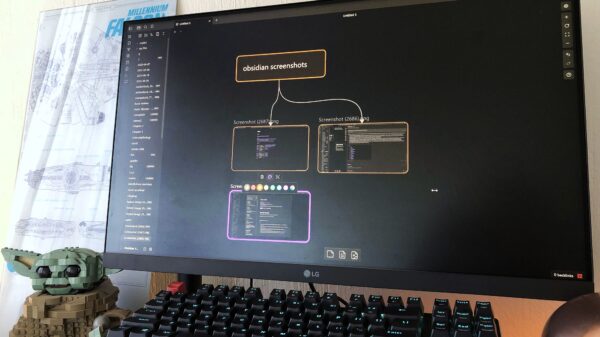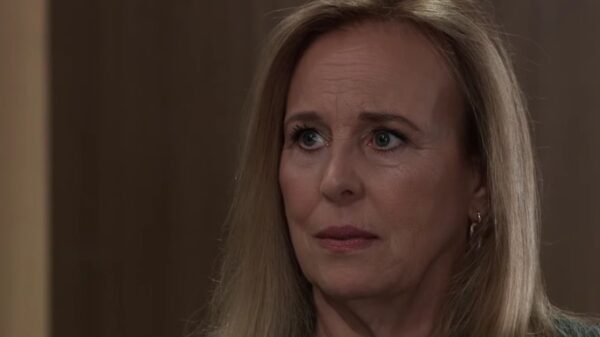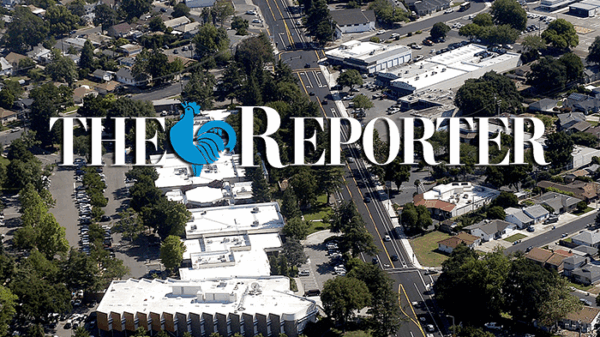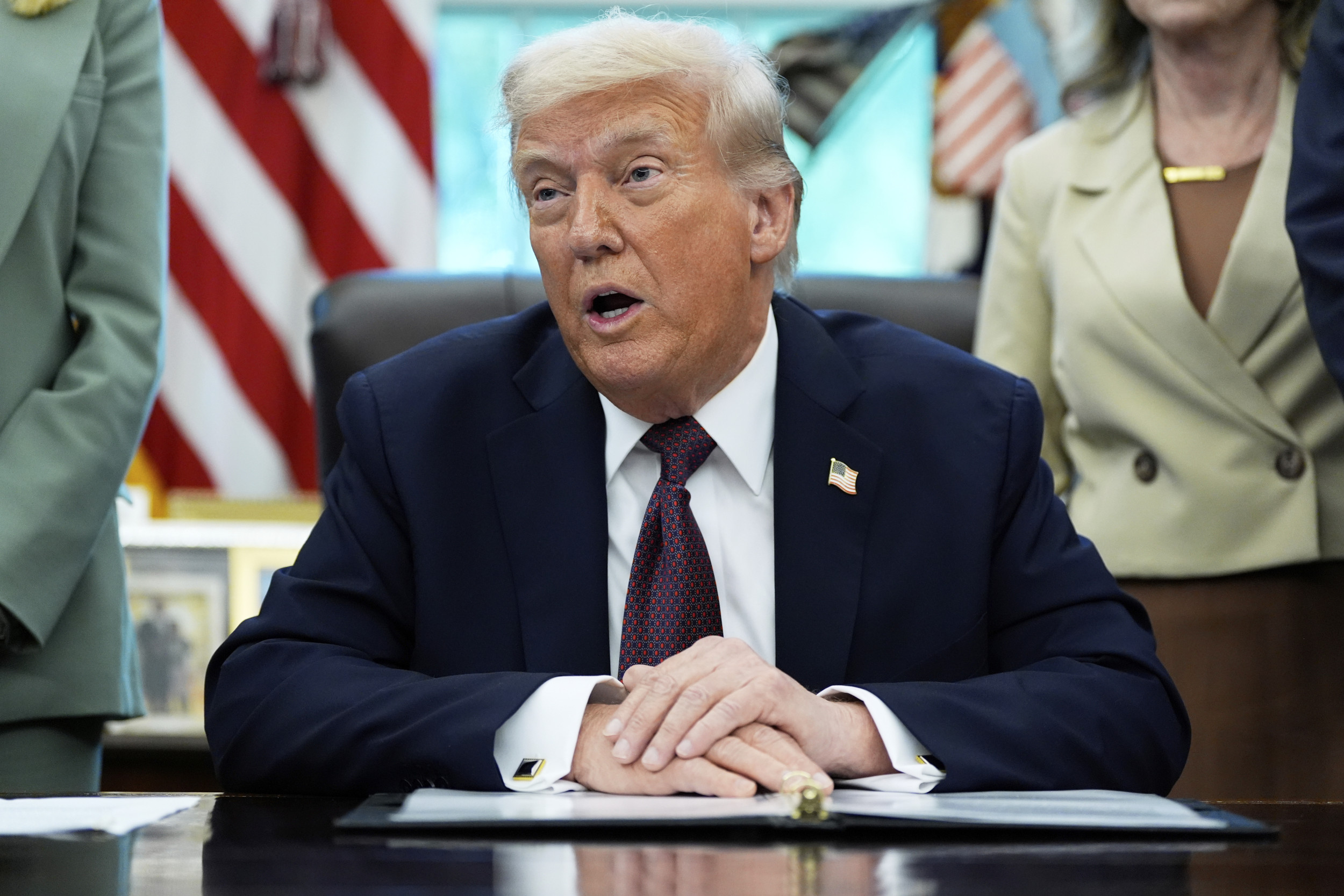UPDATE: Donald Trump’s approval rating on the economy has just hit an all-time low of -22 points, according to the latest YouGov/Economist poll released today. A staggering 57 percent of respondents disapprove of his economic policies, while only 35 percent approve, reflecting a significant drop from -17 points just last week.
This dramatic downturn comes as the economy remains a critical issue for voters ahead of the 2026 midterms. Trump’s previously touted economic strategies, including tariffs, are now being blamed for rising consumer prices and a faltering job market. The latest data reveals that inflation is still a pressing concern, with prices rising 2.9 percent in August compared to the previous year, marking the highest increase since January.
The implications of this poll are profound. Trump’s economic plan, which he promised would cut inflation “on Day One,” appears to be faltering, with the consumer price index reflecting a sharp rise in costs due to tariffs. These tariffs have reportedly increased consumer prices by 2.3 percent in the short term. Additionally, the cost of housing has surged, requiring an annual income of $114,000 to afford a median-priced home—an increase of 70 percent since 2019.
Moreover, the U.S. job market showed alarming signs of stagnation, adding only 22,000 jobs in August, a stark contrast to June’s loss of 13,000 jobs, the first drop since December 2020. The unemployment rate has now risen to 4.3 percent, the highest it has been since 2021, as businesses continue to struggle with tariff-related disruptions. Compounding this issue, the Bureau of Labor Statistics recently revised down its job numbers by 911,000 jobs—the largest downward revision on record.
The dire economic conditions are reflected in a growing voter sentiment. The share of Americans describing the economy as poor has surged from 28 percent to 39 percent, indicating a clear shift in public perception. A recent Fox News poll highlights that 52 percent of voters believe the Trump administration has worsened the economy, compared to only 30 percent who think it has improved.
Political analysts warn that sustained low approval ratings could severely impact Trump’s party in the upcoming elections. Peter Loge, director of George Washington University’s Project on Ethics in Political Communication, commented, “Economic news has been bad all year and is getting worse. Fairly or not, that’s bad news for Republicans because Republicans are in charge.”
Trump has attempted to deflect blame onto President Joe Biden, claiming the economy “went to hell” under his administration. However, recent polling suggests that voters are increasingly attributing rising inflation to the current Republican leadership, undermining Trump’s narrative.
Looking ahead, political strategists are concerned that these unfavorable ratings could energize opposition turnout and complicate messaging for Republican candidates in swing districts. As the economic situation continues to deteriorate, Trump’s handling of these issues will be under intense scrutiny leading up to the midterms.
As Americans brace for potential shifts in the political landscape, the urgency for Trump and his party to address these economic challenges has never been greater. The upcoming midterms will not only test the viability of Trump’s economic policies but could also redefine the political dynamics in the United States.

